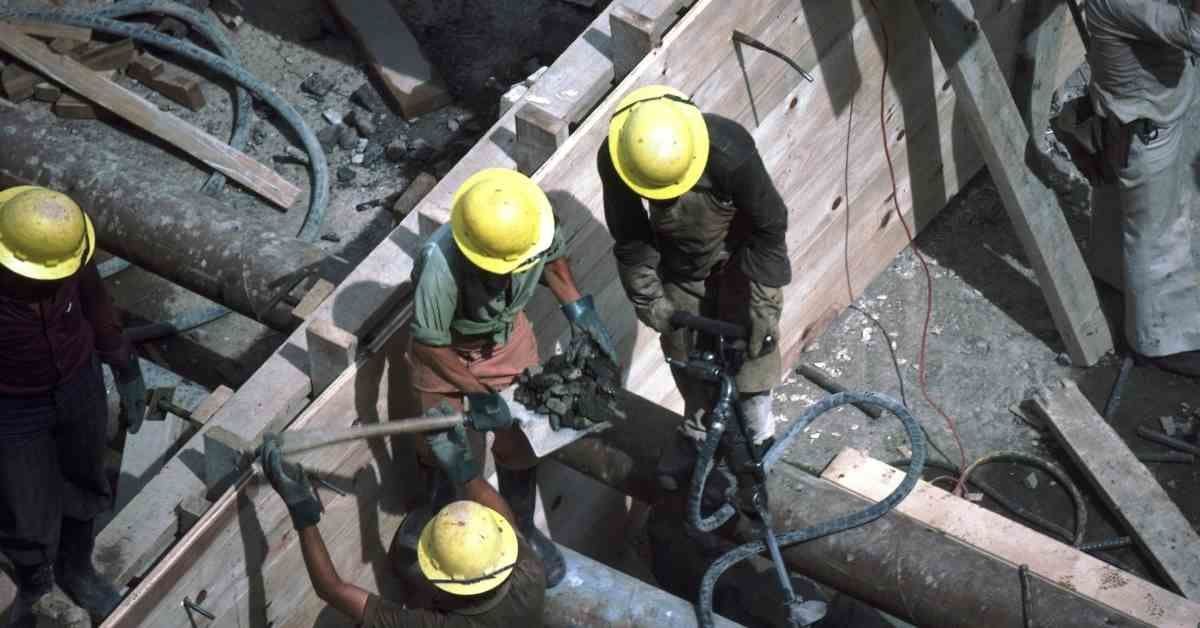250 reads
How Will Artificial Intelligence Transform the Construction Industry?
by
July 26th, 2022
Audio Presented by

I'm an ML engineer. I help AI based software startups get some attention by getting the message out :)
About Author
I'm an ML engineer. I help AI based software startups get some attention by getting the message out :)
